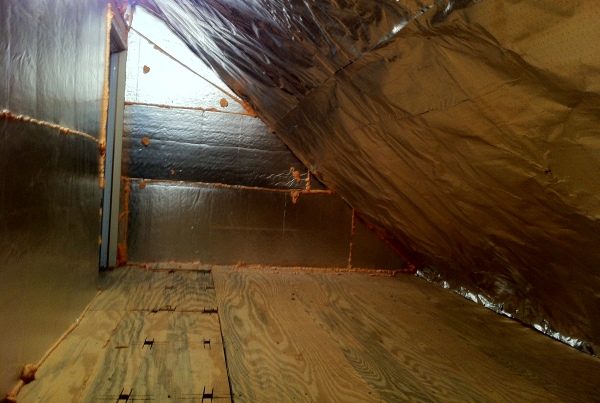The HOME STAR Program
Proposed national incentives for residential efficiency retrofits would address America’s urgent need for job creation in the troubled construction and manufacturing sectors
How You Can Help to Make HOME STAR a Reality (in only 15 minutes!)
1. JOIN THE HOME STAR COALITION: Click here to fill out a simple Web form and register your support.
2. EMAIL YOUR SENATORS AND CONGRESSIONAL REPRESENTATIVE: Click here, then enter your zip code to select your senators. Modify a standard template by adding details about your business. Hit submit!
3. CALL YOUR SENATORS: Start by downloading the HOME STAR Talking Points. Look up your Senators’ phone numbers on the Senate Web site. Take a moment to review the talking points to stay on message. When the attendant answers, tell them that you are a constituent and would like to discuss how the HOME STAR program is going to help you create jobs in their district. This will likely only take a few minutes per call (but if they want to discuss, talk about your business and happy clients in their home districts!).
4. SPREAD THE WORD: We need to show a ground swell of support. Call your friends, family, and co-workers. Forward this email, or send people a link to http://www.efficiencyfirst.org/home-star and ask them to voice their support.
What is HOME STAR?
HOME STAR is a proposed federal program that would provide direct incentives to American homeowners who invest in improving the energy efficiency of their homes. The basic structure of the HOME STAR program was developed by an ad hoc committee of private sector advisors, with strong participation by Efficiency First. Silicon Valley venture capitalist John Doerr presented the program at a meeting of President’s Economic Recovery Advisory Board (PERAB) on Nov. 2, 2009, and the plan is now under consideration by the White House. On January 27, 2010, during his State of the Union address, President Obama addressed the urgent need for a jobs bill stating:
We should put more Americans to work building clean energy facilities, and give rebates to Americans who make their homes more energy efficient, which supports clean energy jobs.
As outlined in a memo that was formally endorsed by PERAB members on Dec. 4, HOME STAR would reimburse homeowners for residential energy upgrades such as air sealing, insulation, new light bulbs and new appliances. Homeowners would be eligible to receive up to $2,000 for implementing at least two upgrades from a list of qualifying measures, or up to $3,500 for at least four qualifying measures. Higher incentives would be available to homeowners who achieve energy savings of at least 20 percent. Weatherization projects that reduce energy consumption by 20 percent would be eligible to receive up to $4,000 in incentive money, plus $1,500 for every additional 5 percent reduction in energy consumption. TheTimes also notes that all HOME STAR incentives would be capped at 50 percent of project costs, and a percentage of projects would be audited to ensure that the improvements perform as expected.
Economic Benefits of HOME STAR
Unemployment nationwide now exceeds 10 percent, and the situation is particularly dire for the construction industry, which has lost 1.6 million jobs since December 2007. With unemployment in the construction sector at a shocking 17 percent and demand for new buildings in a tailspin, there is an urgent need to create new high-paying, long-term construction jobs that cannot be outsourced overseas. The HOME STAR program leverages private investment to create a strong market for home energy retrofits that would put hundreds of thousands of unemployed Americans back to work and stimulate demand for building materials produced by American factories. A $23 billion investment in HOME STAR incentives would support 5.9 million residential energy retrofits and quickly create new local jobs in construction and related industries.
Lower Home Energy Bills and a Healthier Planet
HOME STAR would help Americans pay for cost-effective home improvements with the potential to deliver permanent reductions in household energy bills and significantly scale back our national carbon footprint. Residential energy efficiency improvements covered by the HOME STAR program can reduce energy waste in most homes by 20 to 40 percent, and when combined with low-interest financing, can be cash flow positive as soon as the project is completed. A nationwide initiative to improve the efficiency of America’s 128 million homes would unlock significant reductions in building-related greenhouse gas emissions and generate long-term energy savings for American consumers.




